JICA and ILO promote cooperation between Vietnam and Japan
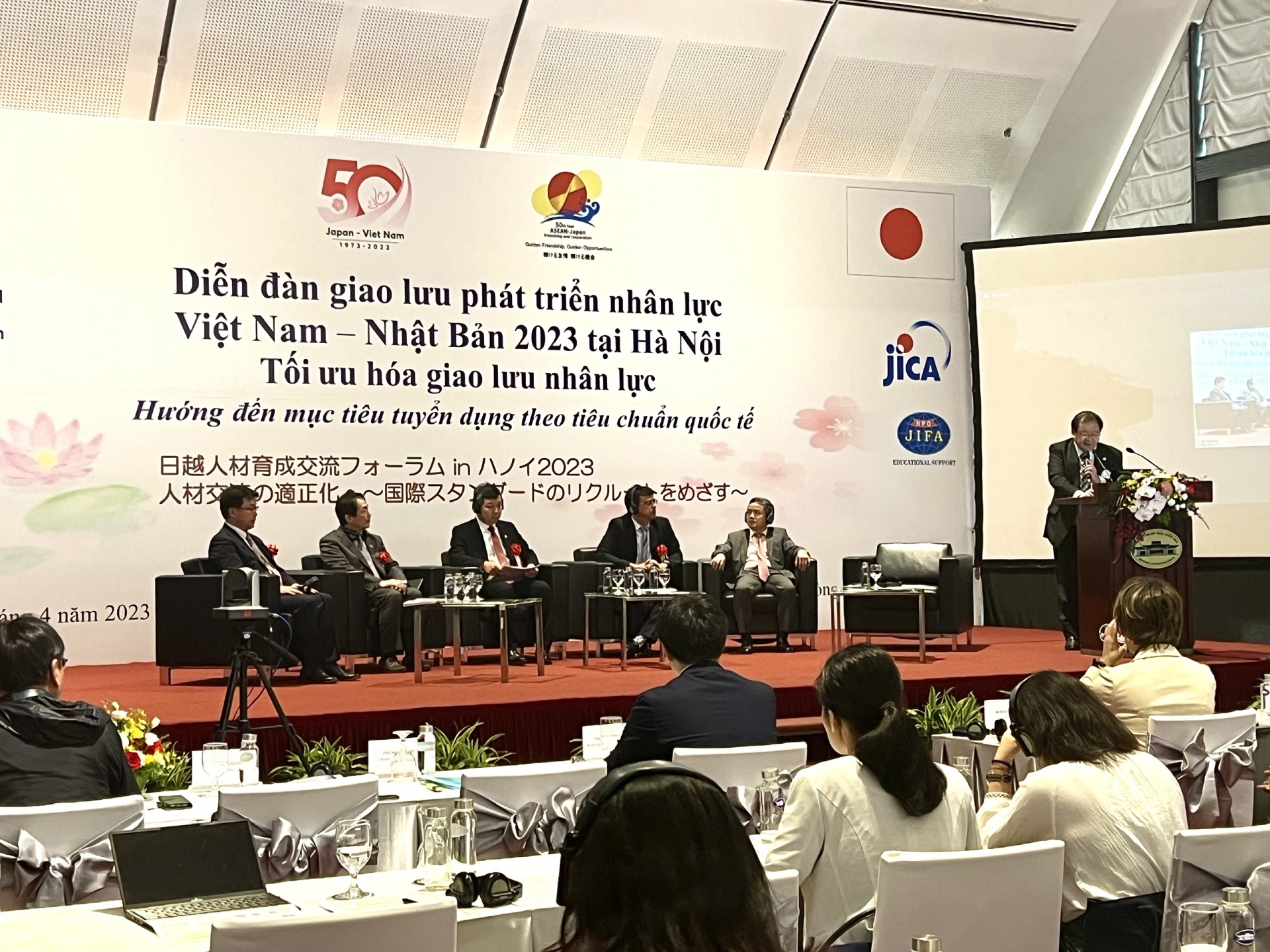 |
At the forum, First Secretary of the Japanese Embassy in Vietnam Ishii Chikahisa said, “2023 marks the 50th anniversary of the establishment of diplomatic relations between Vietnam and Japan. The forum has been organised to promote appropriate human resource exchange between Vietnam and Japan.”
Cooperation in labour and human resource development between Vietnam and Japan is increasingly valued and has made great progress. Currently, among 15 countries that send interns to Japan, Vietnam leads the way in terms of participants.
According to Pham Viet Huong, deputy director of the Department of Overseas Labour, there are currently more than 200,000 Vietnamese trainees living and working in Japan, accounting for more than half of the nation's foreign trainees. This is a very positive result, showing that the scheme to send Vietnamese trainees to Japan has grown significantly.
Despite these results, the initiative still faces several issues, including instances of trainees quitting their contracts and others who violate Japanese laws. The reason for some of these situations is a lack of oversight or scrutiny in the recruitment process by a number of Vietnamese enterprises, and language training and orientation for some interns could be considered inadequate.
Some Japanese partners also require the sending company to pay a commission when receiving interns, creating a cost burden on employees who then find themselves unable, or unwilling, to pay the management and dispatch fees as agreed.
Shishido Kenichi, special adviser to the president of JICA, said that the biggest problem faced by Vietnamese workers is the high cost of getting work in the first place. This is not in line with regulation and has had an adverse effect on the rate of those who flee their contracts.
"In December 2022, Japanese agencies began to discuss a new mechanism for how to let foreign workers come to Japan at no cost," said Kenichi.
Ingrid Chriestensen, director of ILO Vietnam, said that according to its calculations, Vietnamese workers in Japan send home about $3 billion in remittances each year.
However, the cost they have to pay to work in Japan is the highest among the sending countries, at about $8,000 each. Chriestensen said that Vietnam and Japan need to make efforts to eliminate the costs related to labour cooperation.
Vietnam accounts for the second-largest expat community in Japan, contributing significant numbers of human resources.
According to Chikahisa, Vietnamese workers are highly appreciated for their industriousness, hard work, and enthusiasm, all indispensable attributes for the further development of Japan.
What the stars mean:
★ Poor ★ ★ Promising ★★★ Good ★★★★ Very good ★★★★★ Exceptional
 Tag:
Tag:
Related Contents
Latest News
More News
- Masan Consumer names new deputy CEO to drive foods and beverages growth (February 23, 2026 | 20:52)
- Myriad risks ahead, but ones Vietnam can confront (February 20, 2026 | 15:02)
- Vietnam making the leap into AI and semiconductors (February 20, 2026 | 09:37)
- Funding must be activated for semiconductor success (February 20, 2026 | 09:20)
- Resilience as new benchmark for smarter infrastructure (February 19, 2026 | 20:35)
- A golden time to shine within ASEAN (February 19, 2026 | 20:22)
- Vietnam’s pivotal year for advancing sustainability (February 19, 2026 | 08:44)
- Strengthening the core role of industry and trade (February 19, 2026 | 08:35)
- Future orientations for healthcare improvements (February 19, 2026 | 08:29)
- Infrastructure orientations suitable for a new chapter (February 19, 2026 | 08:15)

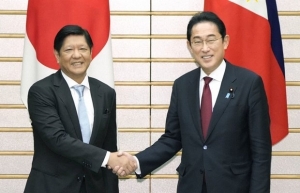
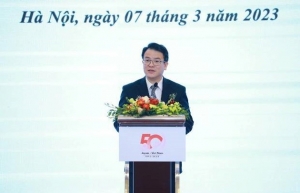
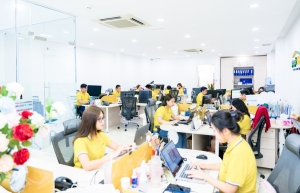
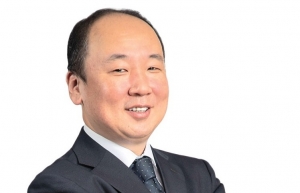




















 Mobile Version
Mobile Version